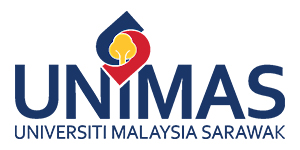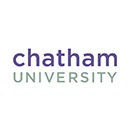Programme Type: Postgraduate
Course Overview
The MS in manufacturing and mechanical systems integration is designed for individuals who wish to achieve competence in mechanical or manufacturing engineering.
Concentrations
Concentrations are available in advanced mechanics, electronics packaging, polymer engineering and technology, product design, quality, and robotics, and advanced manufacturing systems. Students may be required to take additional prerequisite courses depending on their background and the concentration selected. The graduate director may approve the waiver of courses in the prerequisite group from graduation requirements, depending on a student's academic and employment background.
Advanced mechanics: The advanced mechanic's concentration analyzes classical and contemporary theoretical models of material structures. Practical methods and approaches, experimental results, and optimization of material properties and structural performance are put to use for capstones and thesis projects. Students who plan on careers in advanced mechanical modeling and design should consider this concentration
Electronics packaging: Students in this concentration receive a detailed education in printed circuit board assembly design, manufacturing, materials, failure modes, and root causes. They'll also gain a broad understanding of best practices and learn the scope of the industry. Anyone who plans on designing or manufacturing products that contain circuit board assemblies, in either rigid or flexible formats, would benefit from this concentration. Topics of study include electronics miniaturization, defect analysis, solder reliability, and process optimization.
Polymer engineering and technology: The purpose of this concentration is to equip future engineers with the unique skills necessary to enter the plastics industry, one of the largest manufacturing-related industries in the United States, To successfully develop new plastics materials and products require specialized knowledge of these complex manufacturing systems. A critical component of this program is the completion of a research project in the area of plastics and polymer technology some focus areas include polymer composites, shape-memory/self-healing materials, 3D printing and biodegradable polymers.
Product design: Product design in the 21st Century requires a skill set that has grown to be much more than just designing parts that fit together in a product. Parts and products must now be designed with consideration for the best choices of features, the ability to function ideally under varying conditions and environments, and ease in manufactured and assembled. These skills are all required by today's engineers and product designers and are equally important for engineering managers to understand.
Quality: The quality concentration will enable students to lead a problem-solving project within a quality management team. You'll learn to reduce unacceptable variability in materials, production, and manufacturing systems resulting in high-quality finished products. Students will use skills in robust design, linear regression, and modeling to show that variability can be reduced and that a solution is sustainable. Students who select this concentration may be interested in pursuing a leadership role as a manufacturing engineer, senior quality engineer, continuous process improvement engineer, or process engineer.
Robotics and advanced manufacturing systems: Robotics is more than software. In addition to programming, students who choose this concentration will study how robotic systems are designed into manufacturing systems or human assistance products with a focus on limitations and design improvements. Capstone and thesis projects will involve optimization and improvement of designs to achieve a specific robotic behavior or task. Robotic integrators as well as robotic designers will benefit by learning robotic mechanical and electrical limitations and development.
Entry Requirement
Admission Requirements:
- Complete a graduate application.
- Hold a baccalaureate degree (or equivalent) from an accredited university or college in the field of engineering, engineering technology, or computing. Students with degrees in other disciplines will be considered on an individual basis.
- Submit official transcripts (in English) of all previously completed undergraduate and graduate coursework.
- Have completed college-level course work in computer programming and probability and statistics.
- Have a minimum cumulative GPA of 3.0 (or equivalent). Applicants with a lower GPA will be evaluated on a case-by-case basis and may be admitted on a probationary basis. These students will have to secure a B or better average in the first three graduate courses to be considered for full admission.
- Submit a one-page personal statement of educational objectives.
- Submit a current resume or curriculum vitae.
- Submit two letters of recommendation from academic or professional sources.
- International applicants whose native language is not English must submit scores from the TOEFL, IELTS, or PTE. A minimum TOEFL score of 80 (internet-based) is required. A minimum IELTS score of 6.5 is required. The English language test score requirement is waived for native speakers of English or for those submitting transcripts from degrees earned at American institutions.
Academic Requirements:
- TOEFL: 79
- IELTS: 6.5
- PTE Academic: 58
English Language Requirements:
An official score report for the TOEFL, IELTS, or PTE Academic exam is required of all international applicants whose native language is not English. Please view the overall minimum score requirement for your intended program in the table below. In addition, each program requires balanced sub-scores when determining an applicant’s need for additional English language courses.
Fees
Full-Time Tuition fees
- 2-18 Credit Hours: $52092
- 9 Credit Hours: $39078
Tuition per credit hour (1-11 credit hours)
- 12-18 Credit Hours: $2171
- 9 Credit Hours: $2171
This information was accurate on : 09/04/2021
Please contact us for more information about this courses


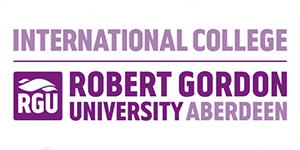
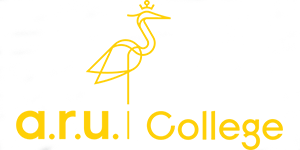

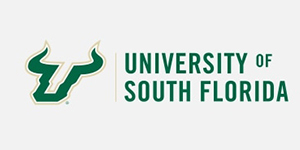
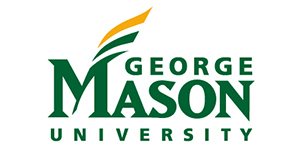
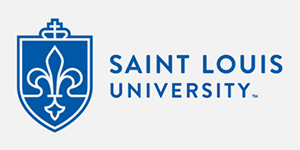

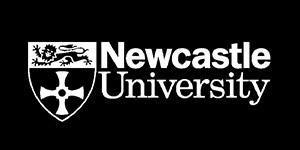
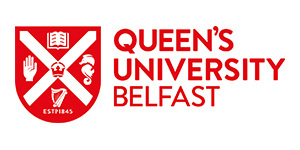
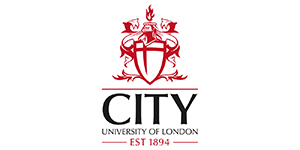


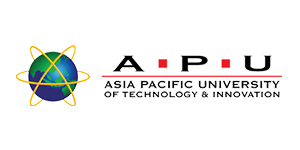
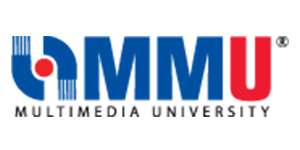



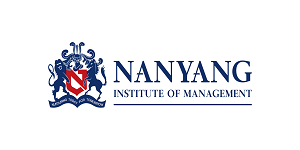
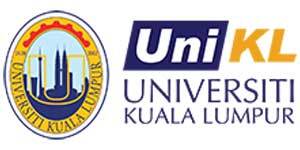

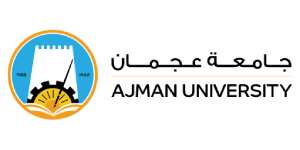
.jpg)
.jpg)
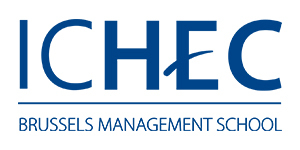

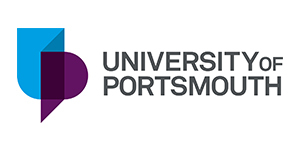

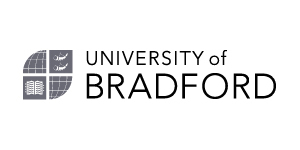

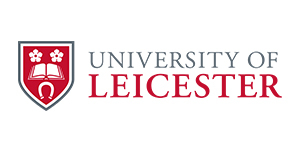
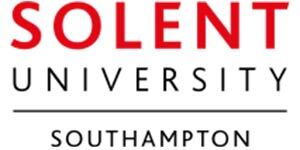




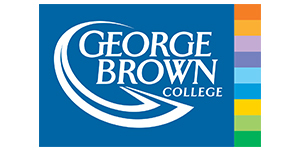


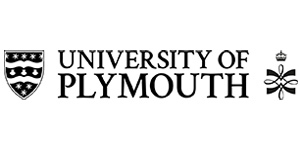

.jpg)

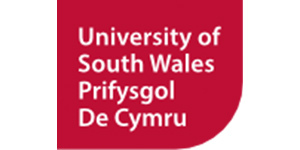

.jpg)

